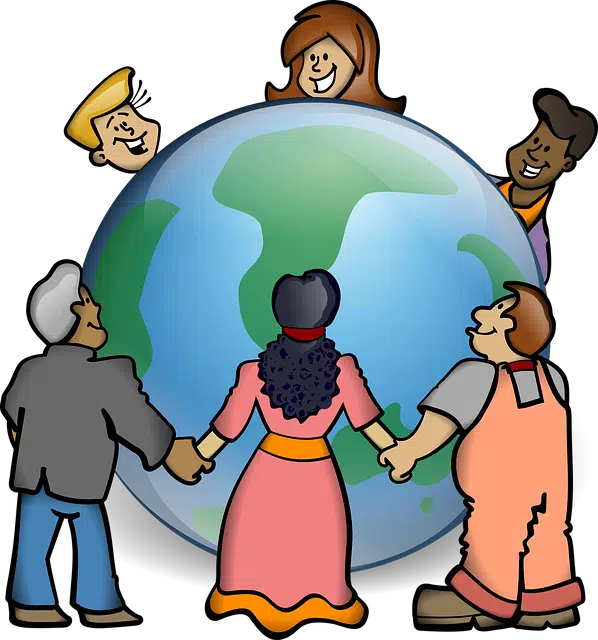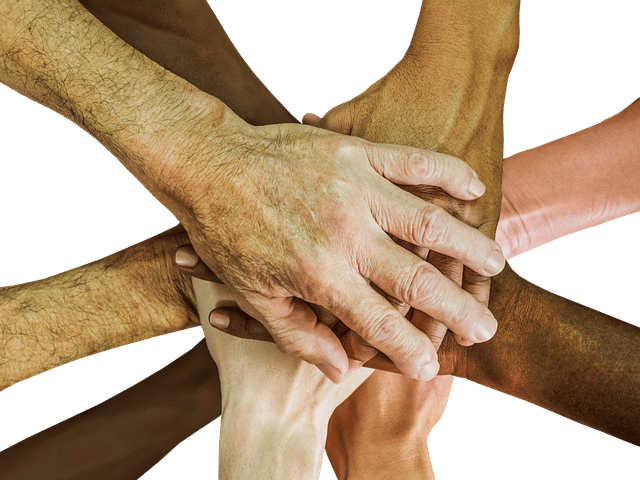
Cultural diversity refers to the coexistence of different cultural manifestations.
The Latin word diversĭtas came to our language as diversity . The term is linked to the variety and coexistence of elements that are different or dissimilar to each other .
Cultural , meanwhile, is that related to culture . Culture, in turn, is called the set of habits, customs, knowledge, rituals and ways of life of a community or an era.
The idea of cultural diversity , in this way, refers to the coexistence of different cultural practices . In general, the expression refers to the multiplicity of cultures that can be found in a country.
Cultural diversity according to UNESCO and the UN
On November 2, 2001 , within the framework of a conference of the United Nations Educational, Scientific and Cultural Organization ( UNESCO ), the UNESCO Universal Declaration on Cultural Diversity was adopted. This document emphasizes the importance of respect for cultural diversity as a tool to promote security and peace worldwide.
UNESCO understands that cultural diversity must be guaranteed through dialogue and tolerance. This, in turn, helps to minimize clashes and conflicts between people and communities.
Four years later, in 2005 , UNESCO approved the Convention on the Protection and Promotion of the Diversity of Cultural Expressions . This agreement recognizes that the parties have the right to adopt measures to promote the protection of cultural diversity and establishes national and international obligations for the various States that signed it.
In the case of the United Nations Organization ( UN ), it should be noted that, in 2002 , it approved the declaration of May 21 as World Day of Cultural Diversity for Dialogue and Development .

Respecting cultural diversity is essential for harmonious coexistence.
Its importance
Cultural diversity is very important for the development and well-being of society . When cultural manifestations are varied, worldviews and values are enriched and different capacities are enhanced. What cultural diversity does is promote learning and increase the growth possibilities of each subject.
In cultural exchange, creativity is encouraged and innovation is encouraged. Just as biological diversity is essential for the subsistence of human beings , cultural diversity is also necessary for human beings today and for future generations.
It cannot fail to be mentioned that, with globalization, societies are very diversified. In recent decades, due to the advancement of communications, transportation and technology , added to other factors, displacements have multiplied. In the main cities of the world, then, cultural diversity is very broad due to immigration .
Peaceful coexistence requires respect for all those diverse manifestations that present particular characteristics. The customs and practices of others must be tolerated, without trying to impose one's own visions. Even beyond tolerance, it is valuable to learn from these differences for individual and collective progress.
